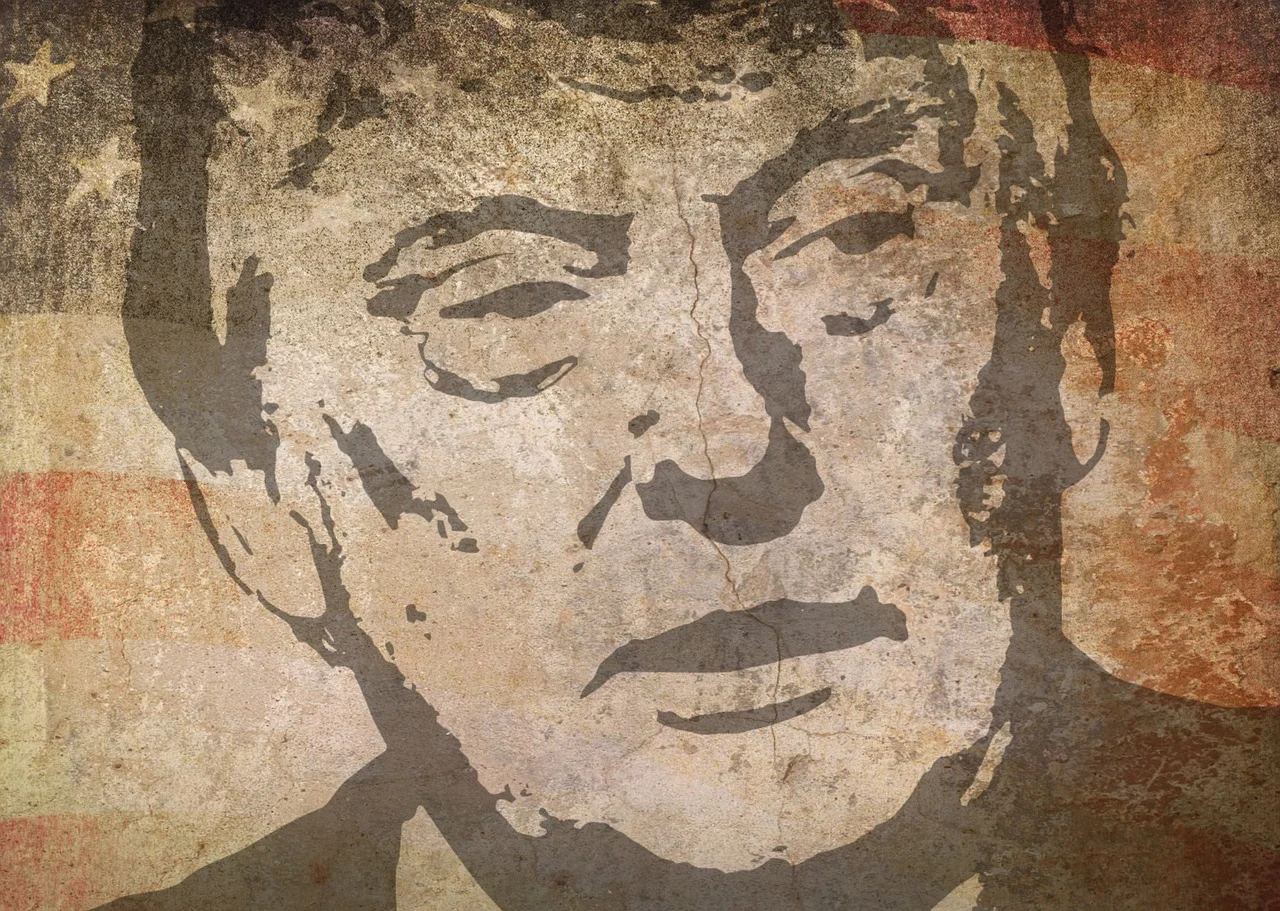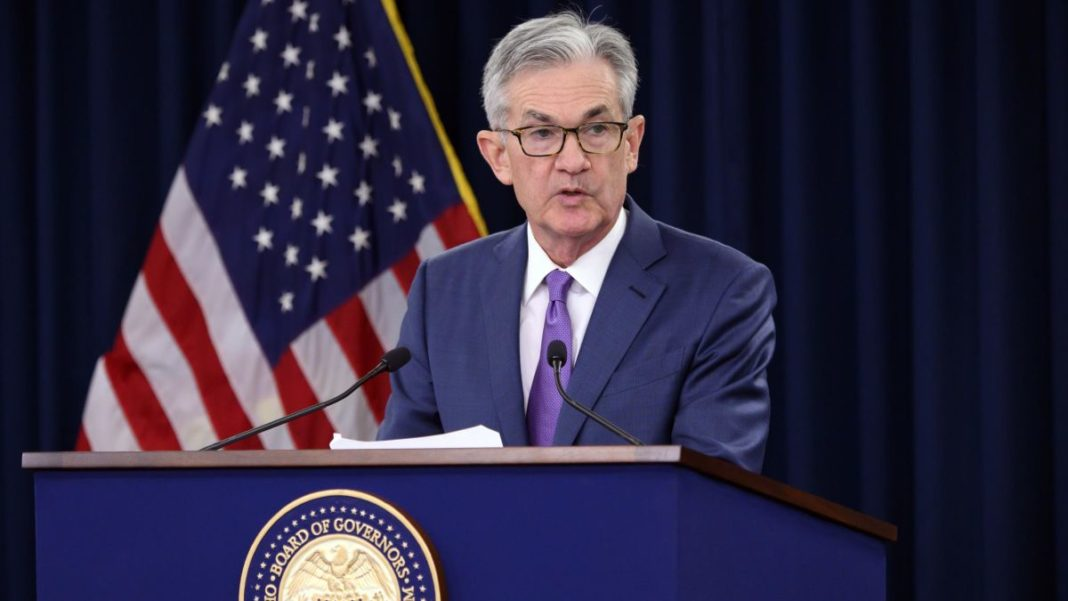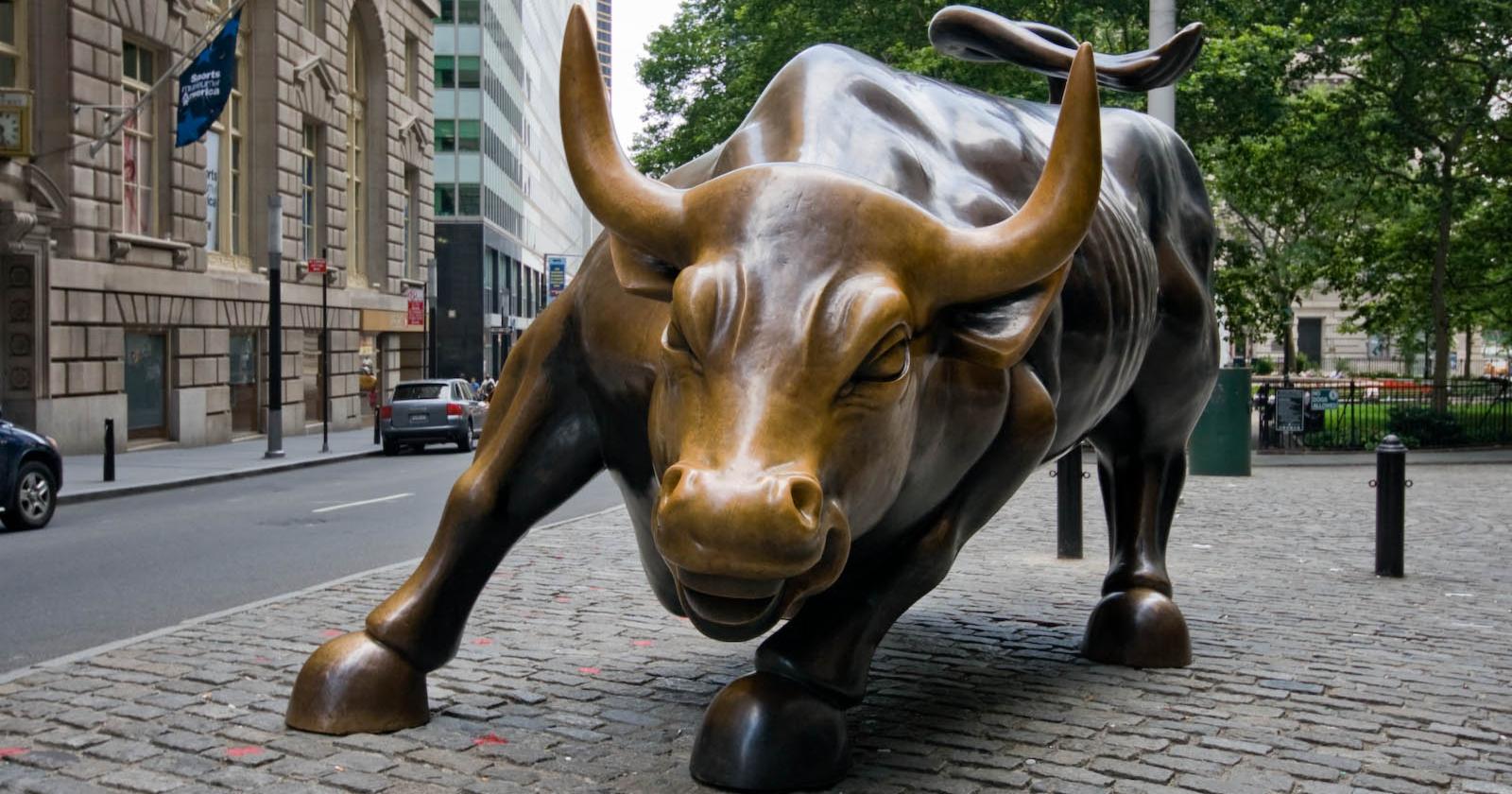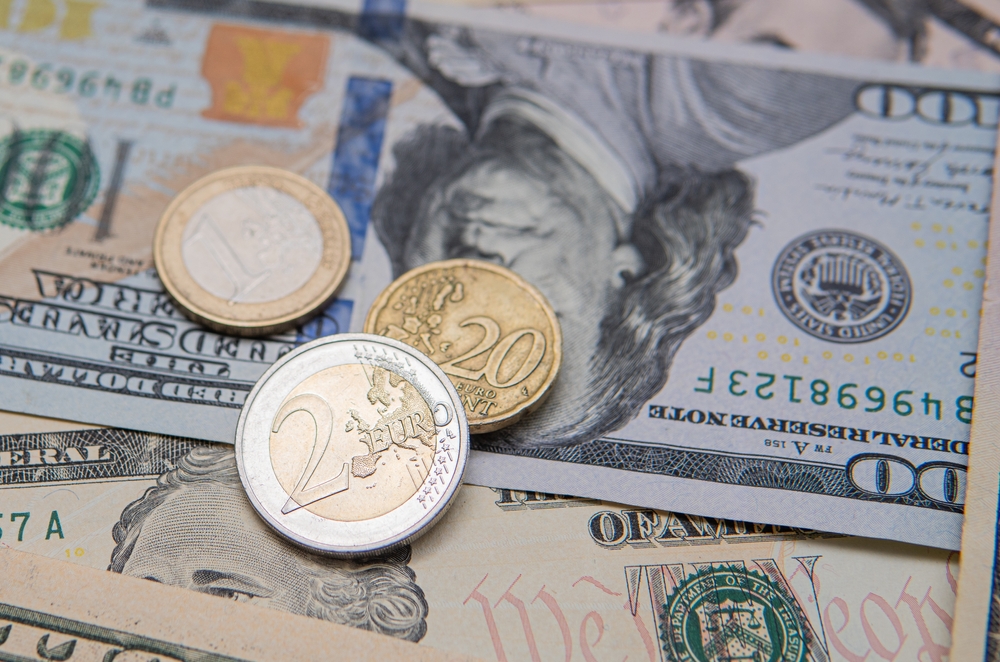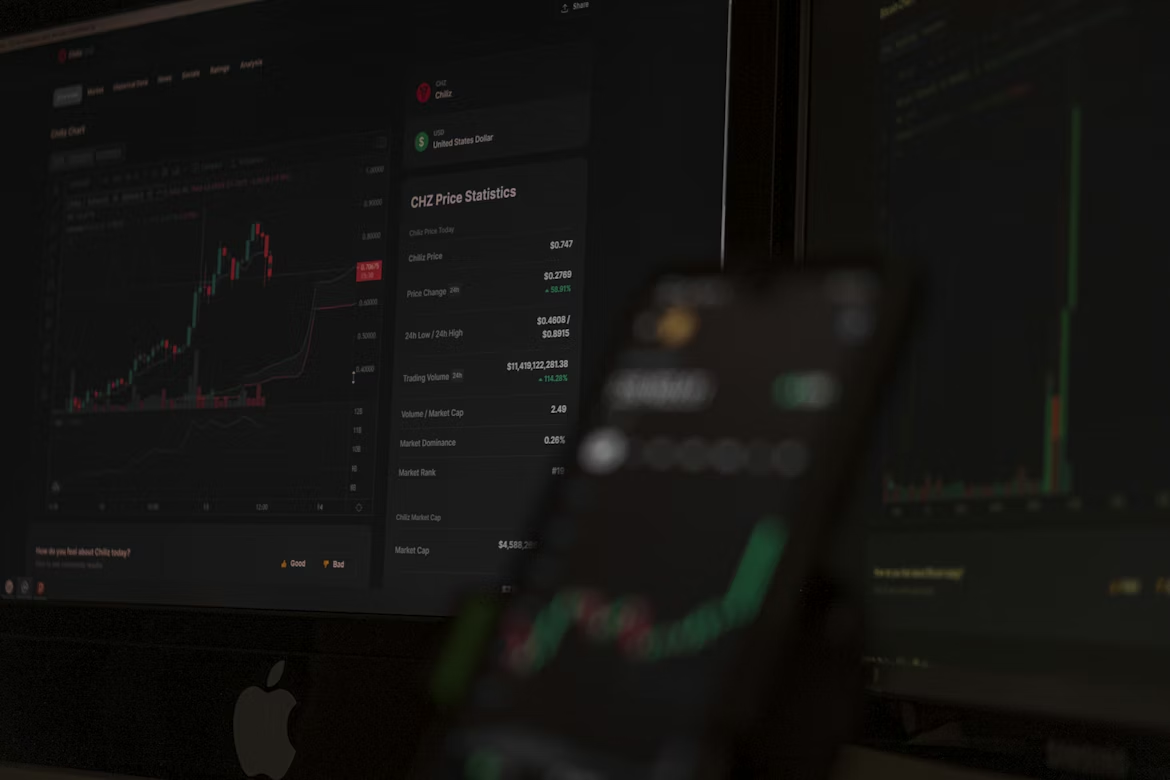EQUITIES
Shares in Asia-Pacific were broadly higher in Thursday trade, with South Korea’s KOSPI leading the gains regionally at 1.42%. The Nikkei 225 in Japan gained 0.77% while the S&P/ASX 200 index in Australia climbed 0.49%. The FTSE Straits Times Index in Singapore rose 0.75%.
In China, the Shanghai composite traded just above the flatline, while Hong Kong’s Hang Seng index edged 0.54% higher.
Overnight on Wall Street, the Dow Jones Industrial Average rose 1.79% to end at 33,891.35 points, while the S&P 500 gained 1.86% to 4,386.54. The Nasdaq Composite advanced 1.62% to 13,752.02.
OIL
Oil prices spiking to their highest level in years on Thursday on talk the market will remain short of supply for months to come as the war in Ukraine drove a mad dash for resources in an ominous sign for global inflation. The coordinated release of crude reserves by the IEA failed to allay fears of supply disruptions.
The latest round of U.S. sanctions on Russia's oil refining sector that raised concerns that Russian oil and gas exports could be targeted next. So far, Washington has stopped short of targeting Russia's oil and gas exports as the Biden administration weighs the impacts on global oil markets and U.S. energy prices.
The OPEC and their allies including Russia have decided to hold production steady by 400,000 bpd in March despite the price surge, ignoring the Ukraine crisis during their talks and snubbing calls from consumers for more crude. The group will meet again on March 31.
The international benchmark Brent crude futures surged to $117.06 per barrel, after earlier rising as high as $118.22 per barrel, the highest since February 2013. It is now up almost 20% on the week.
Meanwhile the WTI crude benchmark hit an 11-year high of $114.78 earlier on the day and was last at $114.24 a barrel.
Tapis, the Malaysian crude benchmark traded in Singapore, rose to its record high of $106.58 per barrel in tandem with surging global crude oil prices. Tapis is the world's most expensive grade.
Overnight, the Brent futures ends at $112.93 a barrel, while the WTI crude oil prices closed to $110.60 per barrel.
CURRENCIES
The U.S. dollar index stood at 97.458, after reaching its highest since June 2020 at 97.834.
The benchmark U.S. 10-year yield were back at 1.865%, from Tuesday's two-month trough of 1.682%. the eurozone bond yields also rose after dramatic declines a day earlier, with Germany's real yield hitting a record low as traders assessed the economic fallout of the Ukrainian invasion.
The Russian ruble fell 3.4% to 98.916 against the dollar after earlier hitting 110.0, a record low. It has lost about a third of its value this year.
The strength of oil and commodities prices lifted the commodity currencies to hit multi-week highs, while the Eastern European currencies have been walloped, with the Hungarian forint , hitting record lows on the dollar and the euro overnight and the Polish zloty slumping to a two-decade trough.
GOLD
Gold prices were flat on Thursday, but still holding at $1,925.30 an ounce and still up 2% on the week so far thanks to safe-haven demand. U.S. gold futures rose 0.30% to $1,928.10.
Risk appetite improved after the U.S. Fed chairman tried to allay fears about aggressive interest rate hikes, offsetting safe-haven demand spurred by the Russia-Ukraine conflict.
Palladium, used by automakers in catalytic converters to curb emissions, slipped slightly to $2,663.50 after hitting its highest level since July at $2,722.79 on Tuesday. Spot silver rose 0.85% to $25.40 per ounce, while platinum jumped 1% toS$1,078.90.
Aluminium prices climbed to an all-time high on Thursday as traders raised concerns over logistics difficulties. Nickel prices climbed more than 3% and copper traded near previous session's multi-month highs.
ECONOMIC OUTLOOK
Asian stocks traded higher on Thursday after reassuring comments from the Federal Reserve helped Wall Street bounced overnight, helped calm investors after Russia's invasion of Ukraine sent markets into a tailspin.
Powell's comments, in testimony to the U.S. House of Representatives Financial Services Committee, said he is inclined to support a 25-basis point rate hike in March, quelling some concerns about the potential for a more aggressive rate hike. However, Powell did warn the Fed might have to hike more aggressively if inflation kept rising.
Eurozone inflation hit a record high of 5.8% in January, overnight data showed, surpassing expectations and prompting warnings from policymakers about stagflation.
Meanwhile a private survey released Thursday showed slowing Chinese services activity growth in February, with the Caixin/Markit services PMI coming in at 50.2 for that month. That compared against January’s reading of 51.4.


